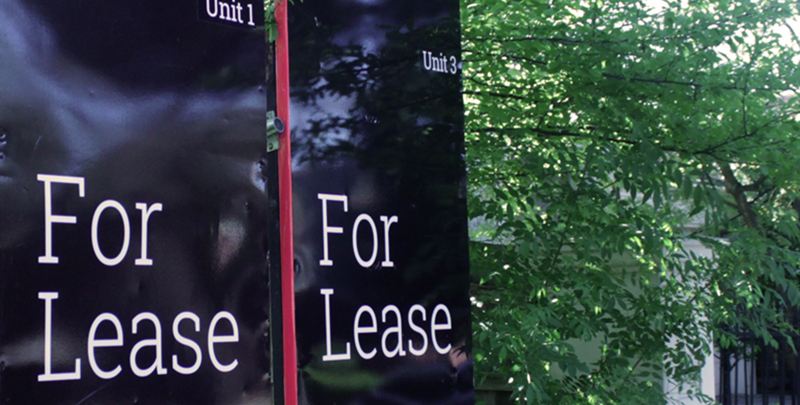By Jordan Telfer and Jarrod McCabe
While most mainstream investment asset classes, such as shares or funds, are passive, direct property investment brings with it an important management function.
Selecting the right person to carry out that management role is a crucial component in the success or failure of a property investment, and in fact an overall real estate portfolio.
So how can you identify a top performing property manager that will help your investment grow into the future.
Experience is a major factor when it comes to strong performing property managers.
Local knowledge is key, to ensure they can identify the right renter types for a particular property and area. Renters that work for one suburb, may not work for another. As a basic example, smaller inner city apartments are likely to appeal to transient renter profiles, such as students or travellers. Whereas larger suburban homes will naturally appeal to families.
That knowledge flows into the presentation and potential modification of a property to ensure it attracts the most abundant and profitable renter profiles in the area.
It’s important to make a distinction between the property management company, and the property manager, who will be personally taking on your property.
Often owners are attracted to a reputable, high profile company, which makes sense, but it’s the individual managing the property that will have the largest impact. There can be a significant difference in experience levels and expertise within the same office, so it pays to conduct thorough due diligence at an individual level before signing on.
Strong technical knowledge has become an increasingly important attribute of a good property manager in recent times, with rental regulations becoming more stringent.
Amendments to Victoria’s Residential Tenancies Act last year brought in a suite of changes for how a rental property must be managed. While most have already been enacted, others are still to come.
For example, there will soon be a requirement for upgraded switchboards, which property managers should be on top of to ensure owners aren’t left scrambling soon before, or after deadline.
There’s always changes in regulations that need to be incorporated. Good property managers will be well ahead of them and be able to advise their clients accordingly.
Choosing someone who sees property management as a long term career is a wise move.
Sometimes property management can be seen as a stepping stone towards a career in sales, however there are those out there that have dedicated their careers to property management and are passionate about their roles.
This can certainly show in their diligence and overall performance in the position.
Communication skills are extremely important in property management.
There’s an array of stakeholders a property manager needs to coordinate with, including owners, renters, trades people and if push comes to shove, VCAT.
Across this diverse group of interested parties, different types of communication will be required.
Good property managers know how to do it, when to do it and in what format, whether that be in-person, a phone call or a text.
Preparedness and the ability to advise rather than simply being a conduit for the renter and rental provider is another important component that makes a top performing property manager.
Owners will need ongoing advice on renter issues, rental prices, as well as required repairs or updates to the home.
They may choose not to act on that advice, but having an expert professional opinion on hand remains invaluable.
Strong negotiation skills are an important tool for a top performing property manager.
A major negotiation point comes up around once a year when the current lease expires. A good property manager will know when to push for higher rent, or when to ease off and perhaps seek the surety of a longer fixed term lease instead.
However, negotiation doesn’t just come down to the rental price, but also covers issues, such as whether renters are entitled to have a new split system air conditioner installed in the property, new carpets or a security screen door. Coming to an agreement that sits well with the renter and rental provider alike can be a delicate art and requires deft negotiation skills.
Some corporate property management models now divide the role of property managers into separate components.
This means there can be a member of the team, who specialises in negotiating leases, while another may be in charge of the general maintenance of a property.
This level of specialty can definitely deliver gains, but it’s important that it doesn’t diffuse responsibility for certain issues.
There still needs to be an obvious point of contact so owners aren’t left bouncing around between various team members.
Management fees are definitely a strong consideration for owners seeking to bring on a property manager.
However, going for the lowest price often brings about an equivalent performance.
Property managers seek to reduce fees to beat competitors, but often they then slice off services that would otherwise be provided.
Often it’s best to pay that little bit extra, to ensure a higher level of service, which will more than pay for itself; if it equates to higher rents and longer term renters.
Take home message
Much like any business relationship, hiring a strong performing property manager is an investment. One that will go towards helping your property portfolio deliver strong financial returns over the long term.
A skilled and reliable property manager can improve your cash flow, maintain your asset and provide sound advice, whilst freeing up your time. Conversely, a bad one can put a valuable asset at risk.

